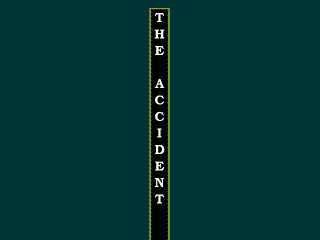Amnesia after Concussion
- More Significant Indicator of Severity than length of LOC
- Does not have to be a Total Loss
- Swiss Cheese Memory
Amnesia After Concussion and Brain Injury Is Not Typically A Total Loss. No need for total loss, ala Hollywood. The American Congress of Rehabilitation Medicine definition talks about “any loss of memory for events immediately before or after the accident.”
 Loss of memory for events before the accident is called retrograde amnesia after concussion, i.e. similar to the use of the term retroactive, i.e. something that relates back to a time prior to the event.
Loss of memory for events before the accident is called retrograde amnesia after concussion, i.e. similar to the use of the term retroactive, i.e. something that relates back to a time prior to the event.
Loss of memory for events after the accident is called anterograde amnesia after concussion. This also includes problems with new learning. Things that are happening in real time that the survivor can not remember from one time to another.
In all likelihood, there will holes in memory, but no predicting where and when the holes will appear. That is why the term “Swiss Cheese Memory” is used. The location of the memory holes, at any given layer of memory, may be as difficult to predict as the location of the holes in a slice of Swiss cheese.
Amnesia is perhaps the easiest element to reconstruct. A detailed interview of the injured person and his or her family, will often identify the amnesia. Watch for “confabulation”, the brain injured person reconstructing memory, and/or filling in the blanks.
The length of amnesia may be a better predictor of the severity of brain injury than the traditional method of classifying based upon the length of loss of consciousness. Injuries are regarded as severe if post traumatic amnesia (PTA) exceeds 24 hours and very severe if the PTA exceeds one week.
Focal Neurological Deficits